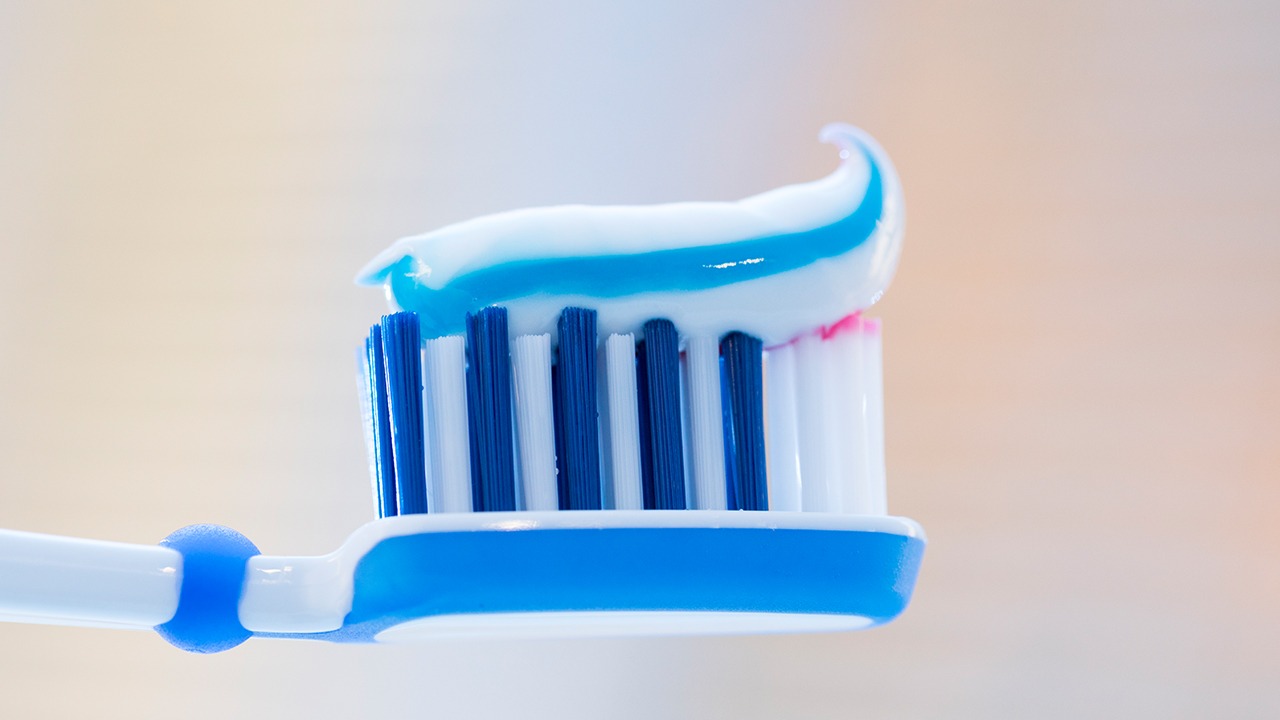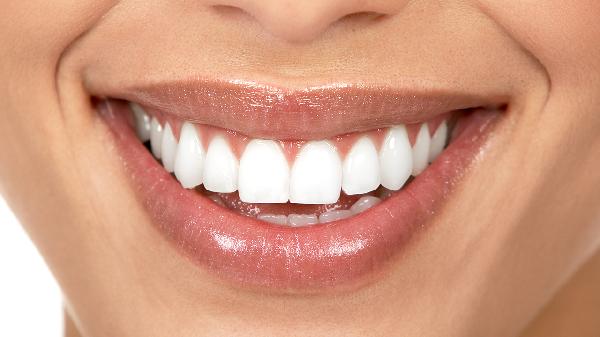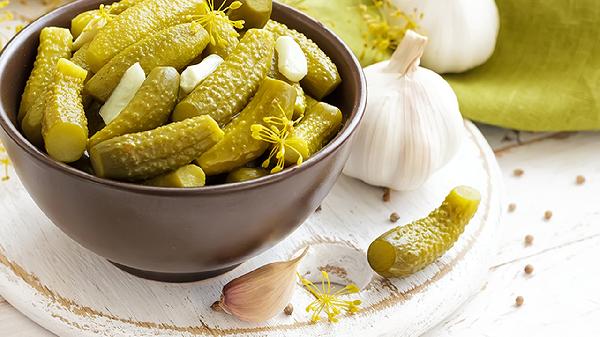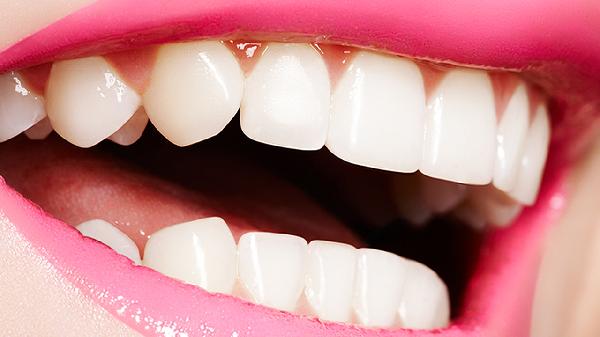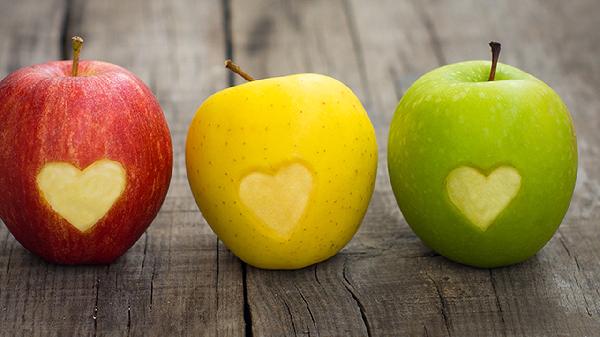Wanting a set of bright white teeth, many people try various "home remedies," such as using lemon juice to whiten teeth. This method sounds natural and simple, but is it really reliable? In fact, using lemon juice to whiten teeth is not only limited in effectiveness but may also cause harm to your teeth. Next, let's discuss why this method is not advisable.
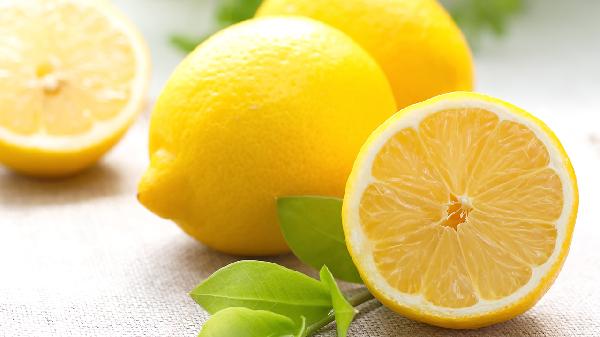
1. The acidity of lemon juice can damage tooth enamel.
The pH of lemon juice typically ranges between 2 and 3, making it highly acidic. Although the enamel on the surface of teeth is hard, prolonged exposure to acidic substances can erode it. Once the enamel is damaged, teeth become sensitive and may even develop cavities. Using lemon juice to whiten teeth is akin to "washing" them with acid, which is counterproductive.
2. The whitening effect is temporary and not significant.
The acidic components in lemon juice can indeed remove some surface stains on teeth, but this effect is very short-lived. More importantly, lemon juice does not truly change the color of teeth; it only makes them appear brighter temporarily. For a lasting whitening effect, this method is clearly insufficient.
3. It may cause tooth sensitivity.
After enamel is damaged, the dentin inside the teeth becomes exposed, making teeth more sensitive to hot, cold, sweet, and sour stimuli. If you already experience tooth sensitivity, using lemon juice for whitening will only exacerbate the problem.
4. Long-term use may lead to other oral issues.
In addition to damaging enamel, the acidity of lemon juice can irritate gums, leading to inflammation or bleeding. If there are already wounds in the mouth, the acidity of lemon juice can worsen discomfort and even delay healing.
5. Scientific teeth whitening methods are safer and more effective.
Instead of taking risks with lemon juice, it's better to opt for more scientific whitening methods. For example, using fluoride toothpaste and whitening toothpaste, getting regular dental cleanings, or consulting a dentist for professional whitening treatments. These methods are not only more effective but also less harmful to your teeth.
6. Natural does not mean safe.
Many people believe that because lemon juice is a natural substance, it is harmless to teeth. In reality, natural does not equate to safe. Many natural substances can harm the human body, such as the acidity of lemon juice. When choosing whitening methods, it's important to consider not just whether they are "natural," but also whether they are scientific and safe.
7. Protecting teeth is more important than whitening.
The health of your teeth is more important than whitening them. Instead of pursuing temporary brightness, focus on daily dental care. Brushing twice a day, using dental floss to clean between teeth, and getting regular dental check-ups are the best ways to protect your teeth.
Using lemon juice to whiten teeth may sound simple, but the risks behind it should not be overlooked. Teeth are an important part of our bodies, and protecting them is more important than pursuing whitening. If you truly want a set of bright white teeth, consider choosing more scientific and safer methods rather than relying on this potentially harmful "home remedy."
